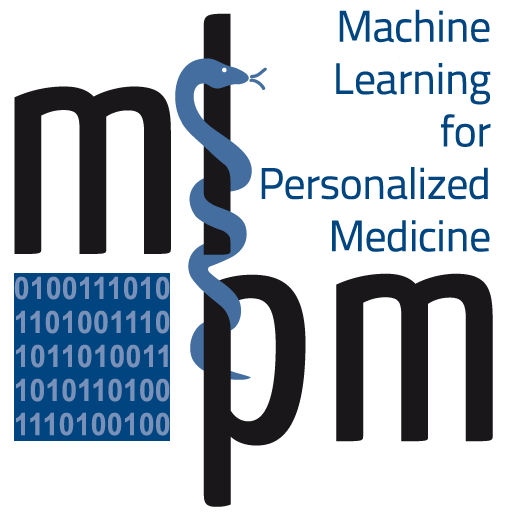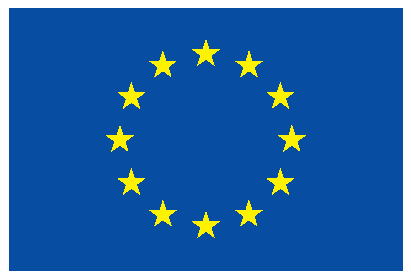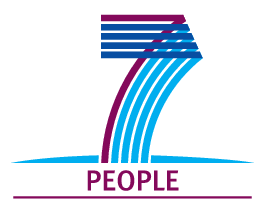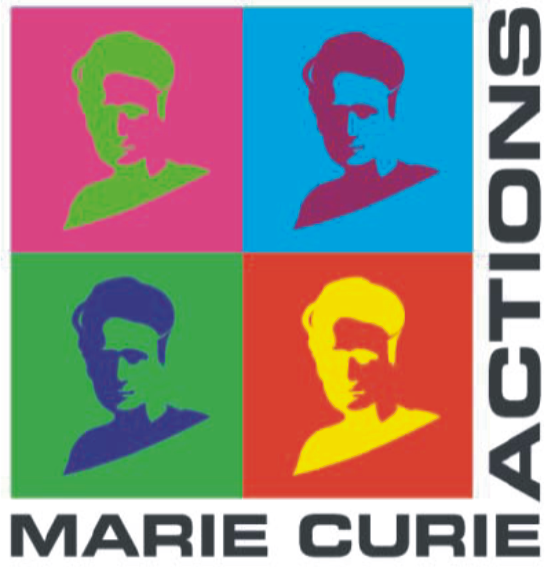Project: Functional annotation of genomic variation explaining phenotypes
 |
 |
 |
| Researcher: Yi Zhong |
Supervisor: Gunnar Rätsch |
Memorial Sloan-Kettering Cancer Center New York City, USA |
Yi Zhong was born in Deyang, China, in 1981. He studied microbial genomics at the Shanghai Jiao Tong University (China), and obtained his MSc in 2007 working on comparative genomics and proteomics.
Project description
I study protein translation profiles of human normal and cancer cells and how they are affected by using different drugs. I use transcriptome-scale ribosome footprint data to investigate the eIF4A-dependent mechanism of translational control that contributes to oncogenesis and underlies the anticancer effects of drugs. I am also developing analysis tools to identify the genes featuring either one of the two changes in different physiologic or pathologic conditions:
1) translational efficiency and
2) distribution profile of ribosome occupancy on mRNA.
By combining observation of translation profile changes with cancer genome data, I am aiming to estimate the drug effects on the tumor for patients with different germline and somatic variants.
Motivation for participating in the network
In recent years, tremendous progress has been made in biomedical research. This is spurred by not only the advent of new biological technologies, but also through the application of interdisciplinary methods to biomedical problem contexts. In particular, machine learning and statistical methods have enabled the analysis and interpretation of large datasets generated from sequencing experiments. The future of personalized medicine relies on the intersection of high-quality data with state of the art analytical methods. I believe the advantage of participating in ITN will provide me the opportunity to work at the frontier of personalized medicine together with all involved labs in its network.
**********************************
Duration of fellowship: from April 2013 to March 2016
Contact: zhongy@cbio.mskcc.org
Homepage: http://cbio.mskcc.org/directory/yi-zhong
MLPM2012 Publications:
ARTICLES
- Zhong Y, Karaletsos T, Drewe P, Sreedharan V, Kuo D, Singh K, Wendel HG and Rätsch G. RiboDiff: Detecting Changes of mRNA Translation Efficiency from Ribosome Footprints. Bioinformatics 2016.
- The Cancer Genome Atlas Research Network. The Molecular Taxonomy of Primary Prostate Cancer. Cell 2015; 163(4): 1011-25
- Su X, Yu Y, Zhong Y, Giannopoulou EG, Hu X, Liu H, Cross JR, Rätsch G, Rice CM, Ivashkiv LB. Interferon-γ regulates cellular metabolism and mRNA translation to potentiate macrophage activation. Nature Immunology 2015; 16: 838–849
- Zhong Y, Drewe P, Rätsch G, et al. Protein translational control and its contribution to oncogenesis revealed by computational methods. BMC Bioinformatics 2015; 16(Suppl 2):A6.
- Wolfe AL, Singh K, Zhong Y, et al. RNA G-quadruplexes cause eIF4A-dependent oncogene translation in cancer. Nature 2014; 513: 65-70
- Behr J, Kahles K, Zhong Y, et al. MITIE: Simultaneous RNA-Seq-based Transcript Identification and Quantification in Multiple Samples. Bioinformatics 2013; 29(20): 2529-2538
POSTERS
- Yi Zhong, Theofanis Karaletsos, Philipp Drewe, Vipin Sreedharan, Kamini Singh, Hans-Guido Wendel, Gunnar Rätsch. Probabilistic model for detecting mRNA translation efficiency changes from ribosome profiling. Genome Informatics 2015, October 30 (poster)
- Zhong Y, Wolfe AL, Singh K, et al. RNA G-quadruplexes cause eIF4A-dependent oncogene translation in cancer. ISCB-SCS 2014 (poster).
Further selected Publications:
- Zhong Y, Chang X, Cao XJ et al. Comparative Proteogenomic Analysis of the Leptospira interrogans Virulence Attenuated Strain IPAV against the Pathogenic Strain 56601. Cell Res 2011; 21: 1210-29.
- Zhao W, Zhong Y, Yuan H et al. Complete genome sequence of the rifamycin SV-producing Amycolatopsis mediterranei U32 revealed its genetic characteristics in phylogeny and metabolism. Cell Res 2010; 20: 1096-108.
Recent Posts
- MLPM2012 has ended – thank you!
- Final ITN meeting and Krupp Symposium in Munich
- MLPM ITN fellow Melanie brings science to classrooms and inspires with simple but exciting experiments
- ESHG Symposium – a great success!
- Team working event: The 2nd ITN March retreat
Archive
2017
- January (1)
2016
2015
2014
2013
Categories
- Awards (2)
Authors
- Melanie (1)
- Felipe (1)
- MLPM-Admin (22)
- MLPM (2)



